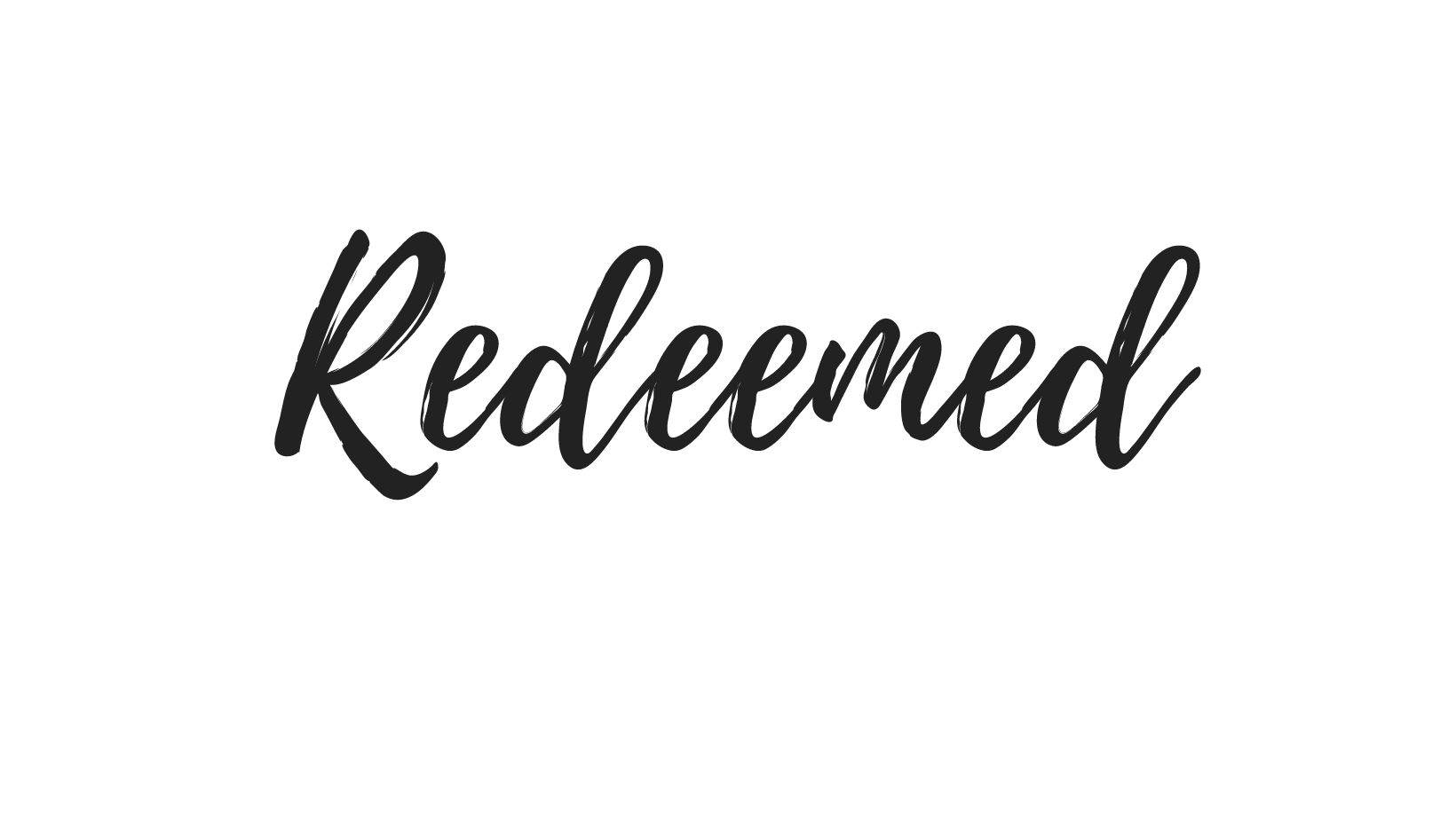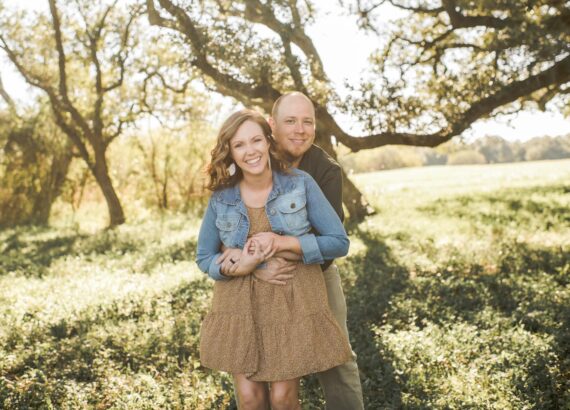HOW DO I READ THE BIBLE?

Back when I was in college I decided to begin reading the Bible. From the moment I first google searched “where to start reading in the Bible” God changed my life.
As I have grown in some basic Bible knowledge, I have found the scriptures more illuminating and easier to read. I believe this foundational understanding will also help you begin your reading of the scriptures and get the most out of hearing from God. Mind you, the Holy Spirit is the one who brings ultimate understanding, but I hope to make His voice clearer for you as you become more familiar with the contents of the Bible and how to ask good questions to discover profound truths rooted in God’s Word.
If you are new to reading the Bible, this post is for you.
If you are teaching someone new to reading the Bible, this post is for you.
At the end of this post, you will find a free-to-you “How to Read the Bible” handout.
What is in the Bible?
The Bible is God’s inspired Word (2 Timothy 3:16) given to humanity for the equipping of His people and the glory of God. After reading some of the facts below, you will find it incredible that such a diverse set of books written with different genres, time periods, and authors could present such a unifying story. There is only one possible reason these powerful texts could all connect precisely as one cohesive piece: God.
Knowing the basic makeup and structure of the Bible will help you feel more comfortable as you discern what is being said. Below is a short listing of what you can expect from your Bible.
- There are 66 books of the Bible.
- Approximately 40 different authors contributed to the Bible.
- The authors of the Bible range from kings, fishermen, priests, government officials, shepherds, doctors, and more.
- The Bible divides the books into two main sections: The Old Testament (pre-Jesus’ life) and The New Testament (after Jesus’ life).
- The three prominent genres in the books of the Bible consist of narratives, poetry, and pros-discourse (such as the letters). You can even break down the genres more and examine them as songs, prophecies, historical narratives, and more.
There are a lot more to the structure and contents of the Bible, but for now, the list above will give you a good entry point as you begin to explore the scriptures.
Check out GotQuestions.org for a more in-depth understanding of what is in the Bible!
Where do I begin reading in the Bible?
If you are brand new to reading the Bible, I recommend you begin reading a gospel book found in the New Testament. These books are Matthew, Mark, Luke, and John, and each record the life, death, and resurrection of Jesus. Because different people write the accounts, they each contain a slightly different flair, but they are equally important.
I recommend beginning in the gospel books because they center around Jesus. The word gospel means good news, and the whole story of the Bible is wrapped up in the good news that though we have all sinned against a holy and perfect God, out of His abundant grace and love, He made a way for us to be united with Him for eternity through faith in Jesus (John 3:16; 2 Corinthians 5:21). If you are curious about God, start with Jesus, and then venture out and see how all the books point perfectly to Him. He is the central character throughout the whole Bible.
How do I read the Bible?
Now that you know where to start in the Bible let’s talk about best practices for reading it.
1. Begin in prayer. Matthew 7:7 says, “Ask, and it will be given to you; seek, and you will find; knock, and it will be opened to you.” When you open your Bible, God wants you to hear from Him. So begin by asking for ears to hear and a heart open to His will. A humility that comes from the fear of the Lord is the beginning of all understanding (Proverbs 9:10), and God will reward your heart’s desire to want to know Him.
2. Ask Good Questions. It is easy to finish reading and think, “what in the world did I just read?” One of the best ways to keep your mind engaged with the Word of God is to take it slow and ask intentional questions. After all, isn’t spending time with and asking good questions the way you get to know someone? Why wouldn’t it work with God?
Check out the Printables section of my blog and select the Study the Scriptures image to download two free handouts containing great Bible study question!
3. Use a study Bible. If you do not own a study Bible, I highly recommend it! Though I will say, with the internet, you can find a lot of information by simply googling your question. Yet, I still prefer my study Bible because everything is in one place and a reputable resource for answers, whereas the internet can be a bit trickier. A study Bible will offer verse-by-verse interpretation using historical context. Many study Bibles will also include maps and a detailed overview of the author, time period, and contents found in each book.
4. Find a mentor. In Acts 8:26-40 (after Jesus’ resurrection and ascension, when the church begins to expand), a man named Philip was guided by the Holy Spirit to an Ethiopian Eunuch who was reading the scriptures alone. When Philip asked the man if he understood what he was reading, he said, “How can I, unless someone guides me?” Philip preceded to explain the scriptures, and the man immediately responded to what he heard with a request to be baptized.
You need people around you who have been reading the Bible longer and faithfully obey God’s Word. A mentor is someone who can guide you in your reading and offer you a safe space to ask all sorts of questions. The Christian life is not a solo endeavor. The Bible is written to groups of people and for the church to respond. Remember, no one is perfect, but there is a mentor out there who God is preparing to use to grow you.
{Download this easy to follow How to Read the Bible Handout!}
Reflect and Connect
Why is reading the Bible important to you?
Is there anything that confuses you about reading the Bible?
What is your game plan for prioritizing God’s Word in your life?








